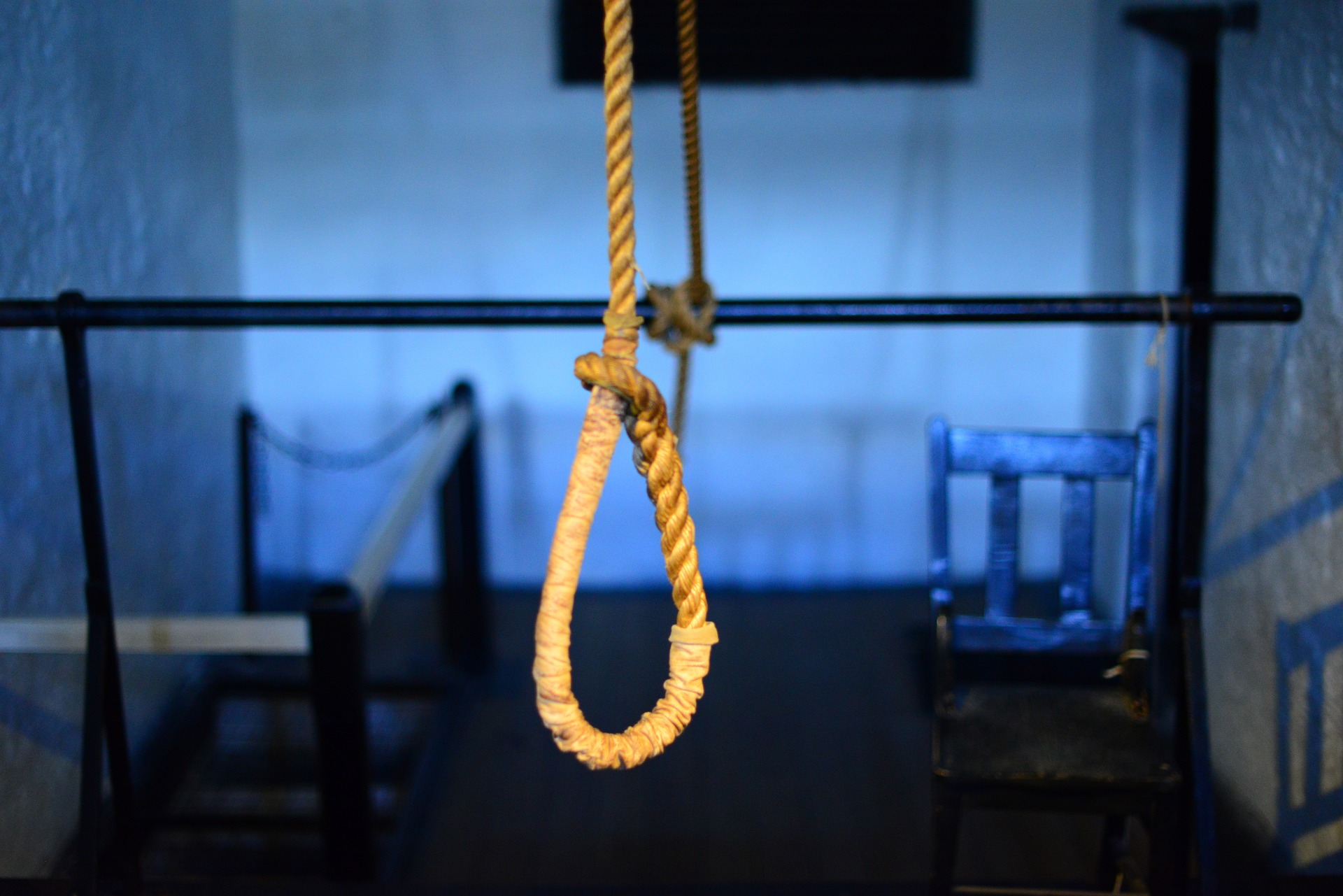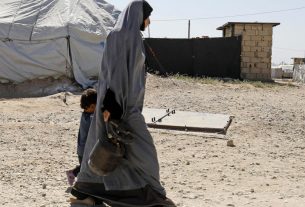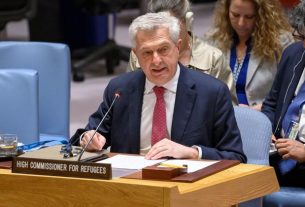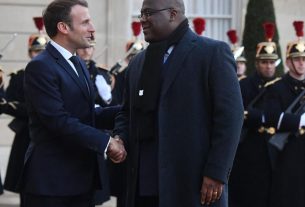Iran reached a grim milestone in 2024, executing at least 975 individuals, the highest number in over two decades. This marks a 17% rise in executions compared to the previous year, signaling a troubling escalation in the use of the death penalty under the current regime.
The Iran Human Rights Organization (IHR) and French NGO Ensemble Contre la Peine de Mort (ECPM) highlighted the chilling trend in their annual report, with executions reportedly linked to political dissent, drug offenses, and even self-defense killings. Mahmud Amiri-Moghaddam, head of IHR, called the death penalty a tool of oppression, noting that the regime uses it to stifle opposition and intimidate society. The United Nations also expressed concern, with High Commissioner for Human Rights Volker Türk condemning the wave of executions, especially as over 40 people were executed in one week alone in December 2024.
Particularly disturbing is the increase in female executions, with 31 women put to death in 2024, the highest since 2007. Some of these women were executed after killing abusive husbands or defending themselves from rape. Rights groups argue that these executions are politically motivated, with activists like Narges Mohammadi and Nasrin Sotoudeh raising the alarm about the political repression behind the death sentences.
In response, prisoners have started the “Tuesdays Without Executions” campaign, a weekly protest against the death penalty, spearheaded by incarcerated individuals. The movement, dubbed a historic shift by Amiri-Moghaddam, is seen as a sign of growing resistance within Iran.
While many countries and human rights organizations call for international pressure on the Iranian government to cease these executions, the United Nations Office on Drugs and Crime (UNODC) continues its cooperation with Iran, which many activists argue undermines efforts to halt executions for drug-related offenses. Iran’s use of the death penalty remains a central issue in diplomatic talks, with human rights groups urging immediate action.
As calls for reform intensify, the international community faces mounting pressure to confront Iran’s expanding use of capital punishment, which many see as a clear violation of human rights.



